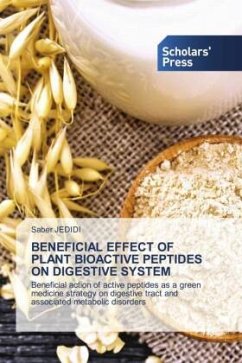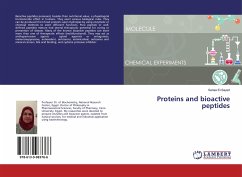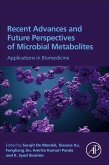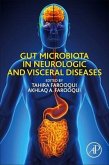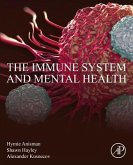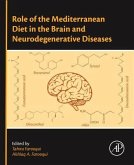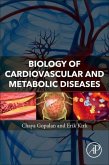Natural plant proteins appear as alternatives to animal sources in the production of bioactive peptides (BAP), due to their safety, rich resources, and ease of large-scale production. Therefore, bioactive peptides and plant-derived protein hydrolysates are promising ingredients for the development of health and functional products. The objective of the present study is to determine the structural characteristics of functional biopeptides, the precise dosage for therapeutic applications, changes in gut microbiota and metabolites in the gut, as well as to decipher the mechanism of action occurring in the gastrointestinal system when consuming these bioactive components. In addition, we presented the multiple benefits of BAP as hypoglycemic, cholesterol-lowering agents as well as their anti-obesity and anti-hypertensive properties. More importantly, the bioactivity of BAP is influenced by both number, charge and N-/C-terminus ends of the amino acids.

